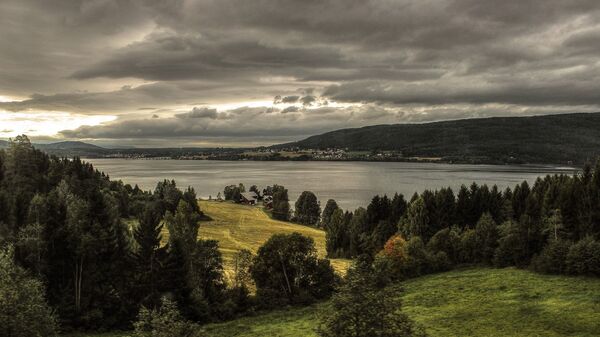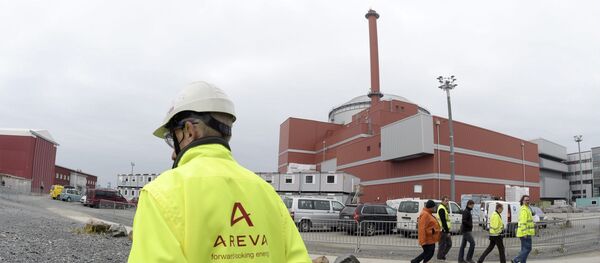While the international emphasis in fighting climate change has been almost exclusive placed on carbon dioxide, its fellow greenhouse gas methane remains largely overlooked. A new study by the Norwegian Environment Agency has indicated a record high concentration of methane in the atmosphere, which may have far-reaching consequences, the national broadcaster NRK reported.
According to the research carried out by the Norwegian Institute for Air Research (NILU) on behalf of the country's Environment Agency, methane's power to absorb the heat emanating from the sun is 25 percent stronger that previously assumed, which means that the greenhouse gas, which is 32 times stronger than carbon dioxide, plays a greater role in climate change, as its concentration is also on the rise.
"We see an increase from year to year without knowing why. We don't know whether it's due to man-made sources or altered natural sources because of climate change," NILU senior researcher Cathrine Lund Myhre said.
Environment Agency director Ellen Hambro described the findings as disturbing.
"We are worried about climate change with regard to rising temperatures and precipitation patterns which lead to wetlands releasing even more methane. Our greenhouse gas emissions are thus "boosting" the natural processes," Hambro argued.
READ ALSO: Norway's 'Doomsday Vault' Not 'Doom-Proof' Enough
The Norwegian researchers suggested that the anthropogenic impact was rocking the foundations of the natural processes.
"It is downright scary how human emissions affect natural processes. Wetlands have a much greater emission than compared to what could have been without human interference," Hambro said.
Methane (CH4) is currently listed as the second-largest contributor to man-made greenhouse emissions after carbon dioxide. Natural sources account for about 40 percent of the annual global emissions of methane. In Norway alone, methane accounts for one-tenth of the environmental footprint.
"The good thing about methane is that it only has a lifespan of about ten years in the atmosphere. Measures aimed at reducing methane will therefore have a greater effect than those reducing carbon dioxide," Myhre concluded.
READ ALSO: Gone With the Wind: Norway's Glaciers to Disappear in Hundred Years




